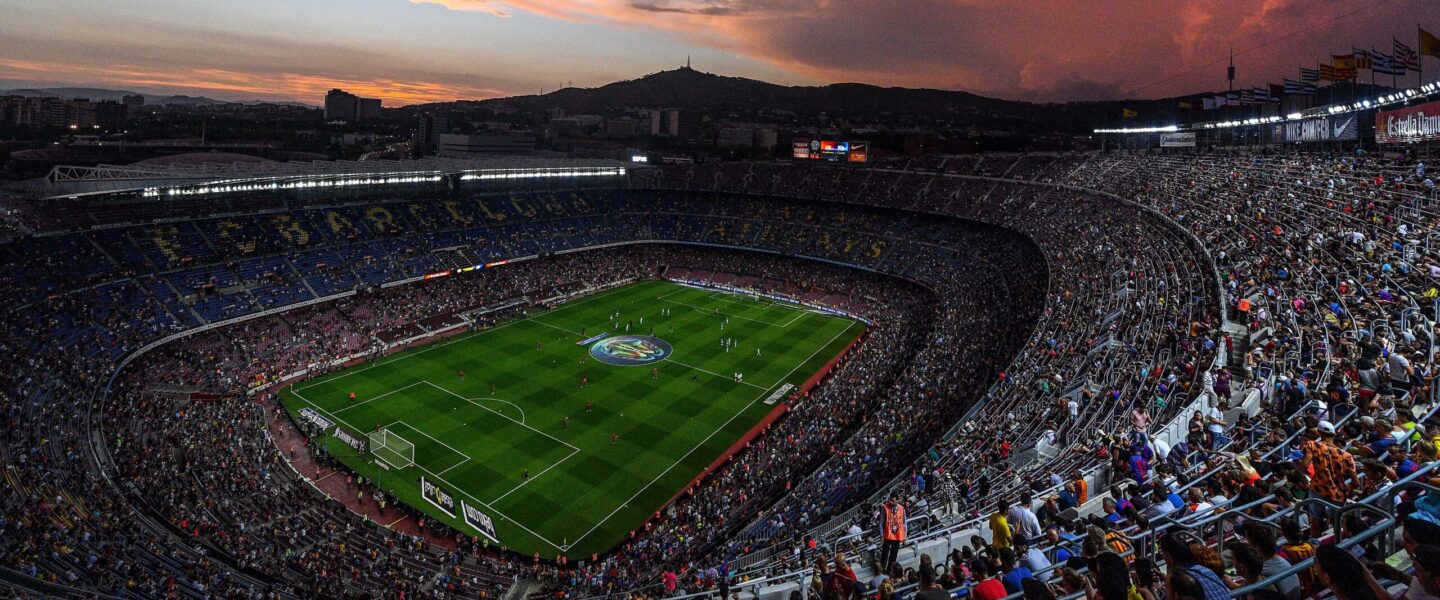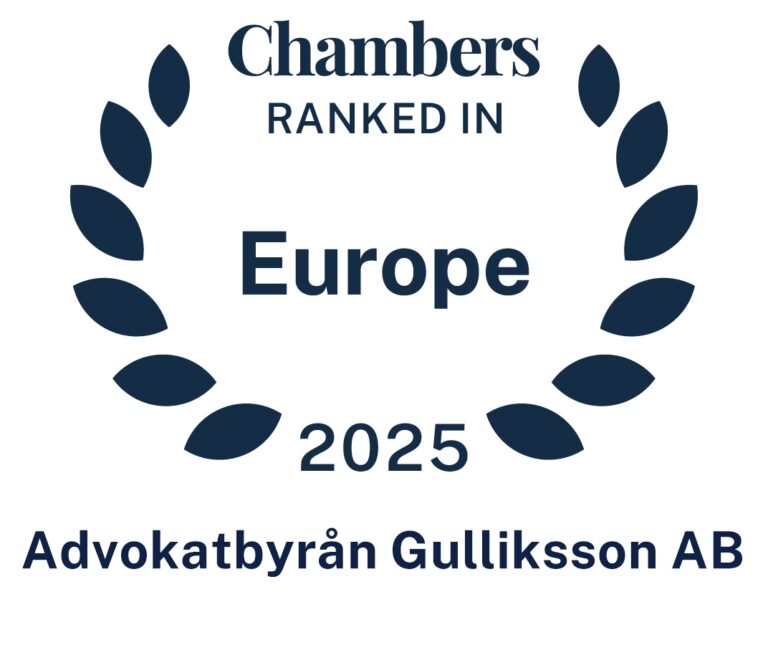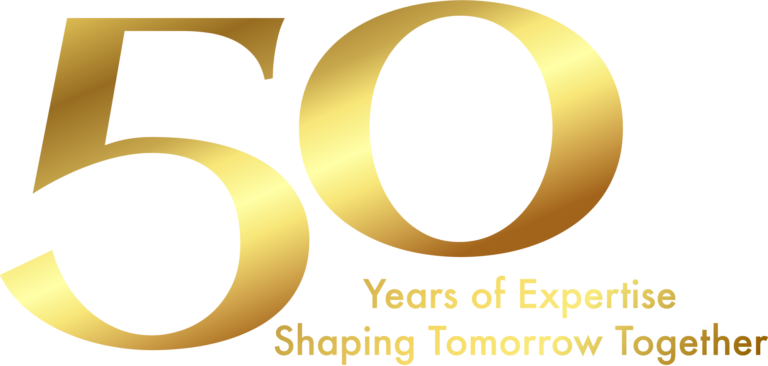On 17 September 2020 the CJEU ruled on a matter stirring interest by football fans and the IP community alike (C-449/18 P and C-474/18 P). Football player Lionel Messi was allowed to register his surname as a trademark after nearly a decade long legal battle.
In August 2011, Messi filed for a figurative trademark containing his surname, MESSI, for inter alia clothing, shoes and sporting equipment. The application was opposed by a Spanish cycling company, holder of the earlier wordmark MASSI registered for identical goods.
While the EUIPO upheld the opposition by concluding that “Messi” and “Massi” were visually and aurally similar and that conceptual dissimilarity based on Messi’s fame concerned part of the public only, the General Court on the other hand annulled the decision.
The General Court agreed that the signs were visually and aurally similar, but considered that there was no likelihood of confusion due to the fact that Messi’s fame, creating a strong conceptual dissimilarity, counteracted the visual and phonetic similarities between the two signs in question.
In contrast to the EUIPO’s conclusions, according to the General Court, Lionel Messi is not only known by the part of the public considered sports enthusiasts, but rather by the majority of informed and reasonably attentive people inter alia reading or listening to the news or watching television.
The decision of the General Court was appealed by both the EUIPO and the rightsholder. The European Court of Justice (CJEU) dismissed both appeals and confirmed that there was no likelihood of confusion. The general reasoning behind the CJEU’s judgment was that in “exceptional cases” such as this, a strong conceptual dissimilarity may suffice to prevent finding likelihood of confusion even where signs have a high degree of visual and aural similarity.
The CJEU pointed out that similar to the reputation of an earlier trademark being one of the relevant factors when assessing likelihood of confusion, the potential reputation of a person applying for registration of his or her name as a trademark is of relevance, to the extent such reputation may influence the perception of the trademark by the relevant public.
Similar to the assessment of notoriety of trademarks, the “reputation” or “notoriety” of a person relies on the perception of the general public, and not of the relevant public of the given goods. The CJEU upheld the General Court’s view that the reputation of Messi among the general public was a well-known fact, i.e. a fact known by any person or which may be known through generally accessible sources.
Although the surname of a football player, widely regarded as one of the greatest football players of all time, constituted a matter of common knowledge of the public, a personal notoriety that influences the public perception cannot be presumed. The determining factor in this case was that the reputation of Lionel Messi in most of the EU territory is so strong that he is not only known among sports enthusiasts, but also by people who do not watch football regularly. The ruling means that the CJEU’s conclusion in the case concerning “Picasso” and “Picaro” (C-361/04 P) is applicable both where the earlier mark has a reputation, as well as in this case, where the trademark applied for has a reputation.
Conclusion
The CJEU’s decision is of importance in the sense that it confirms the significance of conceptual similarity in determining likelihood of confusion. Although the CJEU’s decision provides a welcome clarification in some sense, the assessment of likelihood of confusion is nevertheless somewhat puzzling. In summary, the above-mentioned observations indicate that it would require a type of ”star” reputation for it to apply. However, such a condition raises new questions, as the CJEU neither clarifies the standing of personal reputation in relation to other factors nor the limits and criteria for assessing celebrities’ personal notoriety in trademark matters. Hopefully such legal uncertainty will be eliminated as other celebrities try their luck, and fame, in the EU trademark arena.





